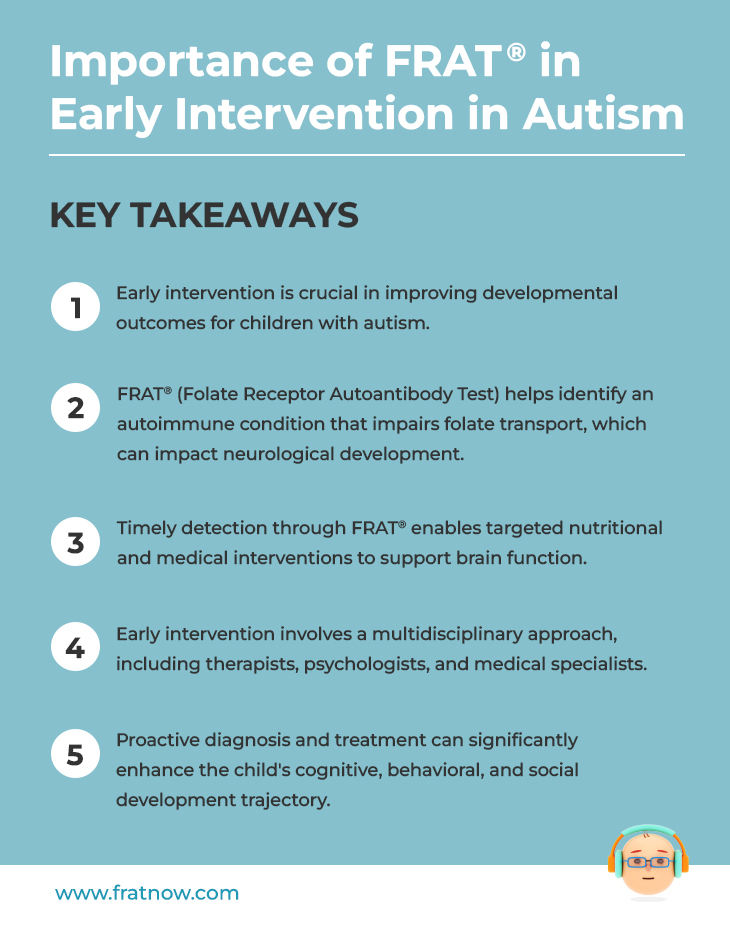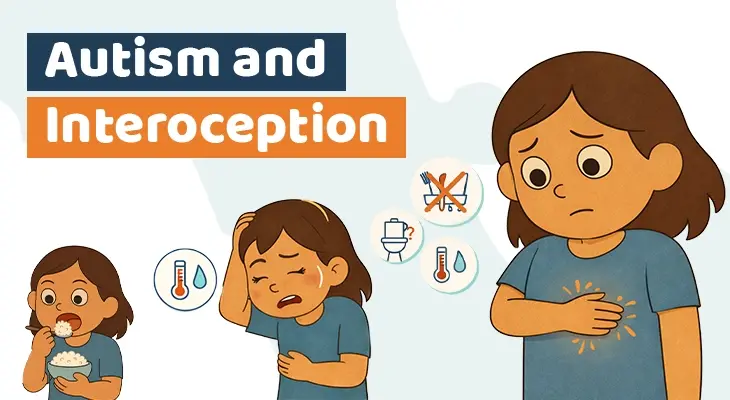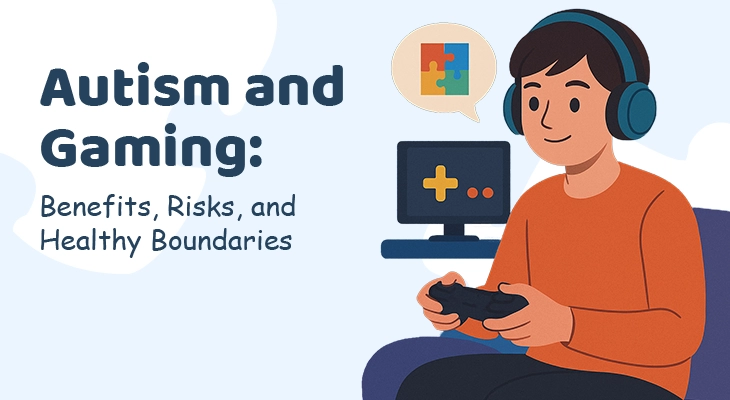
Download Download & share this Knowledge card in your network [Free Download]
Table of Contents
Introduction
If you’re reading this post, it’s likely because you or someone you know has a child with autism. You may be feeling overwhelmed or uncertain about what steps to take next. One of the most important things you can do for your child is to seek early intervention services. Research has shown that early intervention can make a significant difference in the lives of children with autism. The specific components of early intervention may vary depending on the needs of the child and family. Early intervention programs may also involve collaboration with other professionals, such as psychologists, social workers, and medical specialists, to address any additional needs the child may have.

Download Download & share this infograph card in your network [Free Download]
Why is diagnosis important for early intervention?
Diagnosis as early as possible is critical in Autism Spectrum Disorder (ASD) because it allows for early identification of the condition and the implementation of targeted interventions. Early intervention is widely recognized as the most effective approach for delaying or reducing the severity of the symptoms of ASD. Several research studies suggest that the earlier a child receives intervention, the better the outcomes are likely to be.
If you detect delay in any of the developmental milestones of your child, do not wait for a formal diagnosis. Initiate OT, speech and play therapies at the earliest. You can obtain state support for such therapies under the Individuals with Disabilities Education Act (IDEA), a federal law that mandates special education and related service programming for American children and youth with disabilities.
In the next stage, a formal medical diagnosis is definitely required to get a clearer understanding of the child’s strengths and weaknesses, which is essential for developing an individualized treatment plan. Early intervention programs are tailored to the specific needs of the child, and a thorough diagnostic evaluation is necessary to identify those needs. Without a diagnosis, it may be challenging to determine which interventions are most appropriate for the child.
FRAT® – a reliable tool to rule out role of Folate Receptor Antibodies in development of ASD
There is sufficient research to suggest that the Folate Receptor Antibody Test (FRAT®) may be useful in identifying a subgroup of children with Autism Spectrum Disorder (ASD) who have a folate receptor dysfunction. FRAT® is a blood test that measures the presence of folate receptor antibodies in the blood. Folate (Vitamin B9) is an essential nutrient that is involved in many biological processes, including DNA synthesis and repair, neurotransmitter production, and methylation reactions. Folate is also important for brain development, and folate deficiency during pregnancy has been associated with an increased risk of ASD.
Recent studies have found that a subset of children with ASD have an autoimmune response to folate receptor alpha (FRα), a protein involved in folate transport across the blood-brain barrier. This autoimmune response can result in a dysfunction of folate transport to the brain suggesting a possible deficiency, which may affect brain development and contribute to the development of ASD.
FRAT® measures the presence of FRα antibodies in the blood, which can indicate a dysfunction of folate transport across the blood-brain barrier. If such antibodies are uncovered, then an alternate reduced folate (folinic acid) may be administered, thereby possibly improving many ASD symptoms.
It is important to note that FRAT® is not a broad-spectrum diagnostic test for ASD, but helps to identify or rule out the presence of Folate Receptor Antibodies in the ASD-affected children. Early detection is critical as an earlier intervention with folinic acid (a reduced folate) in these cases may potentially lead to marked improvements in verbal communication and behaviour.
Goals of Early Intervention
Early intervention programs usually start with an assessment of the child’s strengths and weaknesses and developing an individualized treatment plan with the basic goals of achieving developmental outcomes, reducing symptom severity, and enhancing the functional abilities of children with ASD. The treatment plan may include a range of interventions and supports, such as behavioral therapy, speech therapy, occupational therapy, and parent training.
Early interventions in ASD aim to:
- Improve communication skills and better self-expression through spoken and body language.
- Enhance social skills and ability to interact with others, including making eye contact, sharing toys, and taking turns.
- Develop cognitive skills and ability to learn, solve problems and process information.
- Reduce challenging behaviors such as tantrums, self-injury, or aggression and learn appropriate ways to express needs and desires
- Support the family with education, resources, and training on how to best support their child’s development.
Conclusion
With early intervention, some children with autism make so much progress that they are no longer on the autism spectrum when they are older. These are just a few examples of the types of early intervention services available for children with autism. It is important to work with a team of professionals who can help you develop a plan that’s tailored to your child’s specific needs. Early intervention can make a significant difference in the lives of children with autism.
For information on autism monitoring, screening and testing please read our blog.
References
- Frye, R., Slattery, J., Delhey, L. et al. Folinic acid improves verbal communication in children with autism and language impairment: a randomized double-blind placebo-controlled trial. Mol Psychiatry 23, 247–256 (2018).
https://doi.org/10.1038/mp.2016.168 - https://rdcu.be/c7Bru




